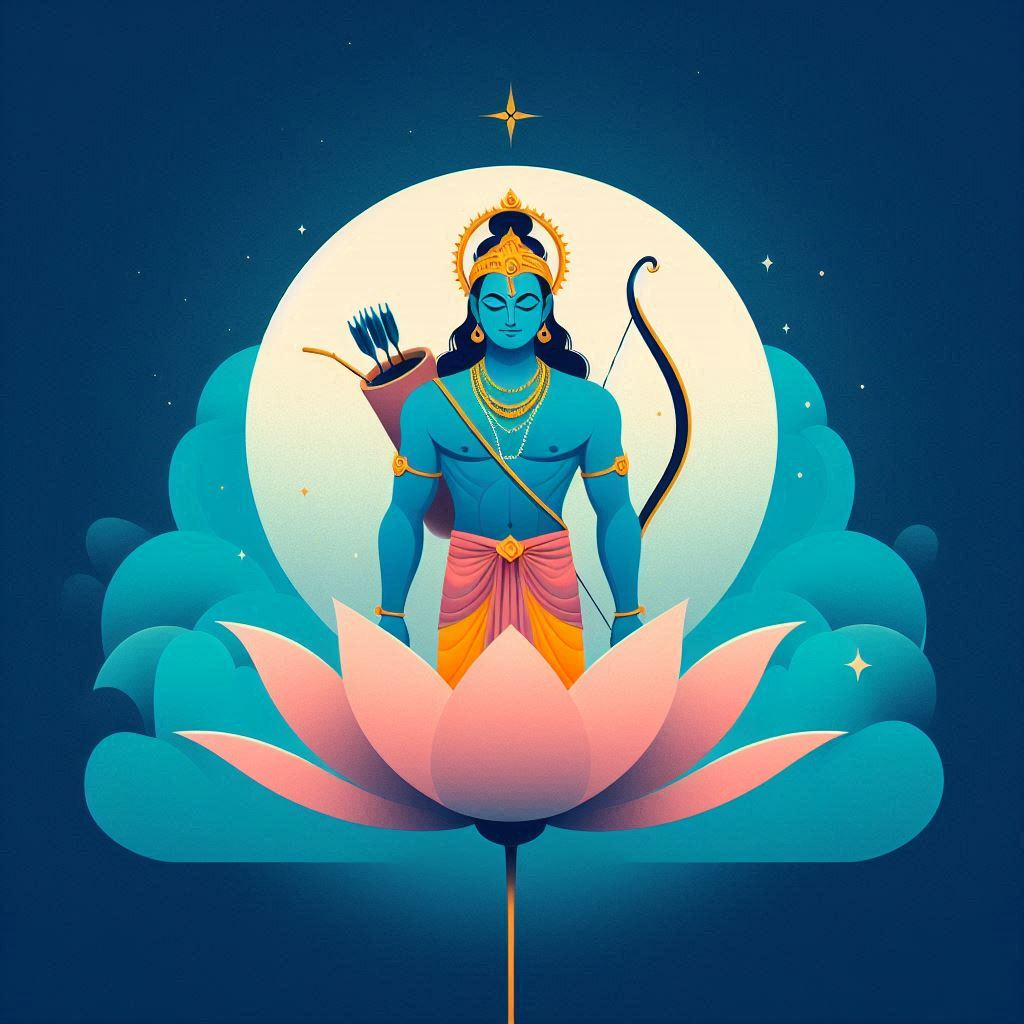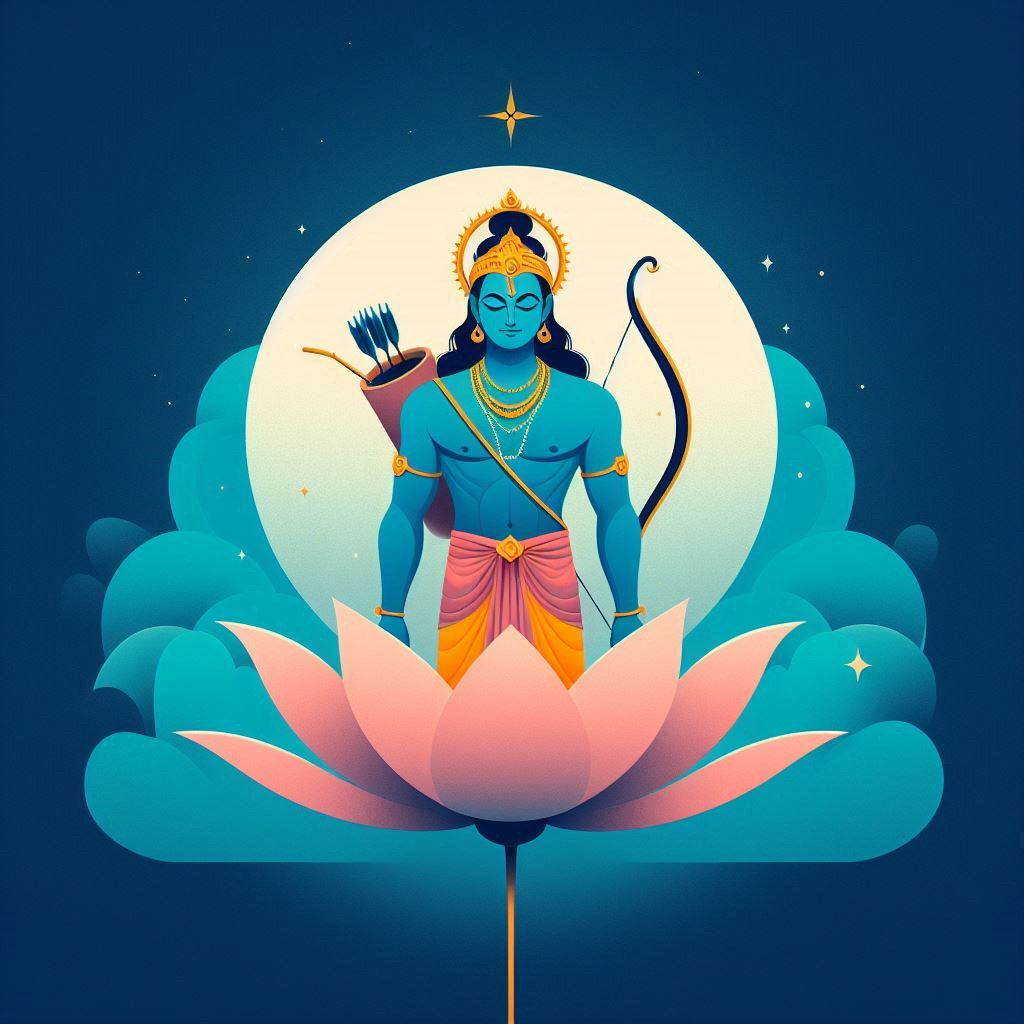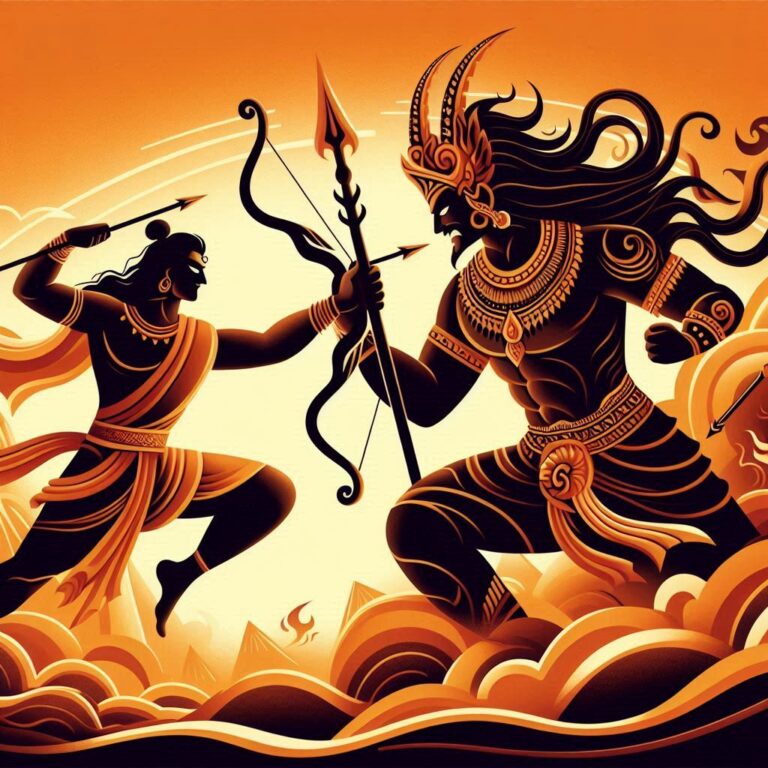Rama’s Coronation: Transforming the Kingdom’s Future and Legacy
Rama’s Coronation: Transforming a Kingdom’s Legacy
When we hear the tales from the Ramayana, we often think about the valiant hero, Rama, his unwavering devotion, and the epic battles he fought. But what about the day that marked a significant turning point in his life and the destiny of the entire kingdom? Yes, I’m talking about Rama’s coronation—not just a ceremonial event but a pivotal moment that echoed through the ages. In this article, we will dive deep into the nuances of this grand event and its transformative impact on the kingdom of Ayodhya.
The Significance of Rama’s Coronation
When Rama was crowned, it wasn’t merely about a prince ascending to the throne. It was the dawn of a new era. The ancient texts illustrate how this event marked the culmination of a long journey—a blend of trials, tribulations, and redemption.
A Symbol of Dharma
The coronation of Rama symbolized the reinstatement of *Dharma, the cosmic law that upholds righteousness. In the Ayodhya Kanda of the Ramayana, it’s vividly described that the realm was enveloped in joy and prosperity post-coronation.
दीनानाथं महाशूरं रामं चारुदृशं नृप:
Dīnānāthaṃ mahāśūraṃ rāmaṃ cārudṛśaṃ nṛpaḥ
“Rama, the protector of the weak, the great warrior, the king with a charming visage.”
What an impactful message for society! Rama was not just a ruler; he embodied the values of compassion and justice. His ascension gave hope to the oppressed and motivation to the rulers who preceded him.
The Festivities: A Celebration of Unity
The day of the coronation was like no other—a day of festivities, feasting, and fervor. The entire city of Ayodhya lit up in celebration, like a phoenix rising from the ashes. The unity displayed among the citizens during this time showcased the strength of community bonds.
An Atmosphere Filled with Joy
Imagine streets adorned with flowers, the air thick with the sound of joyous chants, and sweet treats intoxicating the senses. People of all ages came together to celebrate, creating a vibrant tapestry of culture and unity.
Here’s a little verse to illustrate this joyous atmosphere:
रामं कृतार्थं श्रेयांसं यशं चित्ताश्रयं नलिनम्
Rāmaṃ kṛtārthaṃ śreyāṃsaṃ yaśaṃ cittāśrayaṃ nalinam
“Rama, the accomplished one, the bringer of prosperity and fame, shines in the hearts of the lotuses.”
This fleeting moment of joy was not just about tangible celebrations; it also set a precedent for future generations on the importance of community and leadership grounded in noble ideals.
Impact on Governance and Society
Rama’s coronation didn’t just change the political landscape; it transformed the very fabric of society. His governance emphasized moral leadership, and his reign became a golden age, epitomizing principles that resonate even today.
A Just and Fair Administration
Rama’s rule was not marked by capricious decisions; rather, his governance became a model for just administration. He was always keen on consulting his advisors and listening to his people, showcasing empathy as a key quality in a ruler—a lesson that is a golden nugget for today’s leaders.
राजा धर्मं आचरतु, प्रजा सुखाय स्वकर्मणि
Rājā dharmaṃ ācaratu, prajā sukhāya svakarmaṇi
“The king should promote righteousness for the happiness of his people.”
This key principle cultivated a sense of accountability, leading society towards overall well-being. Land reforms, trade encouragement, and the establishment of justice were some aspects that flourished under his kingship.
A Renaissance of Culture and Ethics
With such robust governance, an intellectual renaissance blossomed during Rama’s reign. This period not only saw the flourishing of art and poetry but also a revival of ethical values.
Literature and Arts Flourish
Famed poets and artists thrived in Ayodhya, channeling their creativity towards composing epic tales and beautiful art that chronicled the essence of Rama’s ideals. The stories told during this time served as moral compasses for generations, promoting values rooted in kindness and courage.
Imagine a world where every story told was not just entertainment, but an embodiment of Dharma and responsibility. This cultural renaissance helped to shape a well-rounded society, encouraging people to aspire to noble qualities.
Contribution to Spirituality
Moreover, Rama’s reign also provided a solid spiritual foundation for the citizens. Spiritual leaders emerged, guiding people in understanding the importance of inner peace and dharmic living.
रामो देवो धर्मात्मा, प्रजासुखं करोति यथा
Rāmo devo dharmātmā, prajāsukhaṃ karoti yathā
“Rama, the divine one, the virtuous soul, brings happiness to the people.”
His emphasis on spirituality made the kingdom a thriving hub for seekers of truth and wisdom.
Legacy: Lessons for Generations
When we look back at Rama’s coronation, it’s evident that the ripples of this event transcended time. The ideals set forth during his reign continued to influence kingdoms and cultures long after.
A Model for Future Rulers
The principles of justice, compassion, and integrity fostered during Rama’s reign became a framework for future leaders. Time and again, history has seen leaders drawing inspiration from Rama’s teachings as a blueprint for effective governance.
यस्य दृष्टिः प्रजा सुखे, धर्मस्य प्रतिष्ठा तत्र
Yasya dṛṣṭiḥ prajā sukhe, dharmasya pratiṣṭhā tatra
“Where the king’s vision is towards the happiness of the people, there righteousness shall prevail.”
This quote reflects how governance should not just be a matter of authority but an act of service to the people.
Transformation in Values
Rama’s reign was a lesson in enduring values—a light guiding humanity’s quest for justice and truth. As we navigate through the complexities of our modern world, the lessons from Ayodhya resonate within us, driving the need for empathetic leadership and engaged citizenship.
Conclusion
Rama’s coronation was more than a mere event; it was a historical milestone that shaped the essence of governance, culture, and spirituality in the kingdom of Ayodhya. From establishing the principles of effective leadership to inspiring generations through stories and values, the impact of Rama’s rule continues to echo in our lives today.
The enduring legacy of his life encourages us to aspire for better leadership, promoting values and norms that elevate society as a whole. In a world that sometimes seems chaotic, the ideals imparted during Rama’s reign remind us of the importance of integrity, compassion, and cooperation.
FAQs About Rama’s Coronation
1. What was the primary significance of Rama’s coronation?
Rama’s coronation symbolized the establishment of Dharma and righteous kingship, offering hope and prosperity to the people of Ayodhya.
2. How did Rama’s governance differ from other rulers?
Rama emphasized empathetic leadership, moral authority, and accountability, focusing on the welfare of his citizens rather than mere power.
3. What cultural impact did Rama’s reign have?
Rama’s reign led to a flourishing of arts, literature, and spirituality, fostering a rich cultural heritage that inspired future generations.
4. How does Rama’s story relate to modern leadership?
The principles of justice, compassion, and community-oriented leadership in Rama’s story serve as timeless lessons for today’s leaders.
5. Why is Rama considered an ideal king?
Rama is viewed as an ideal king because he embodied the values of righteousness, compassion, and competence, ensuring the happiness and welfare of his kingdom.

In incorporating these rich dimensions from Rama’s coronation, we not only celebrate his victory but also contemplate the key values that should guide our leadership and interactions. Let us continue to learn and be inspired by this timeless legacy!







